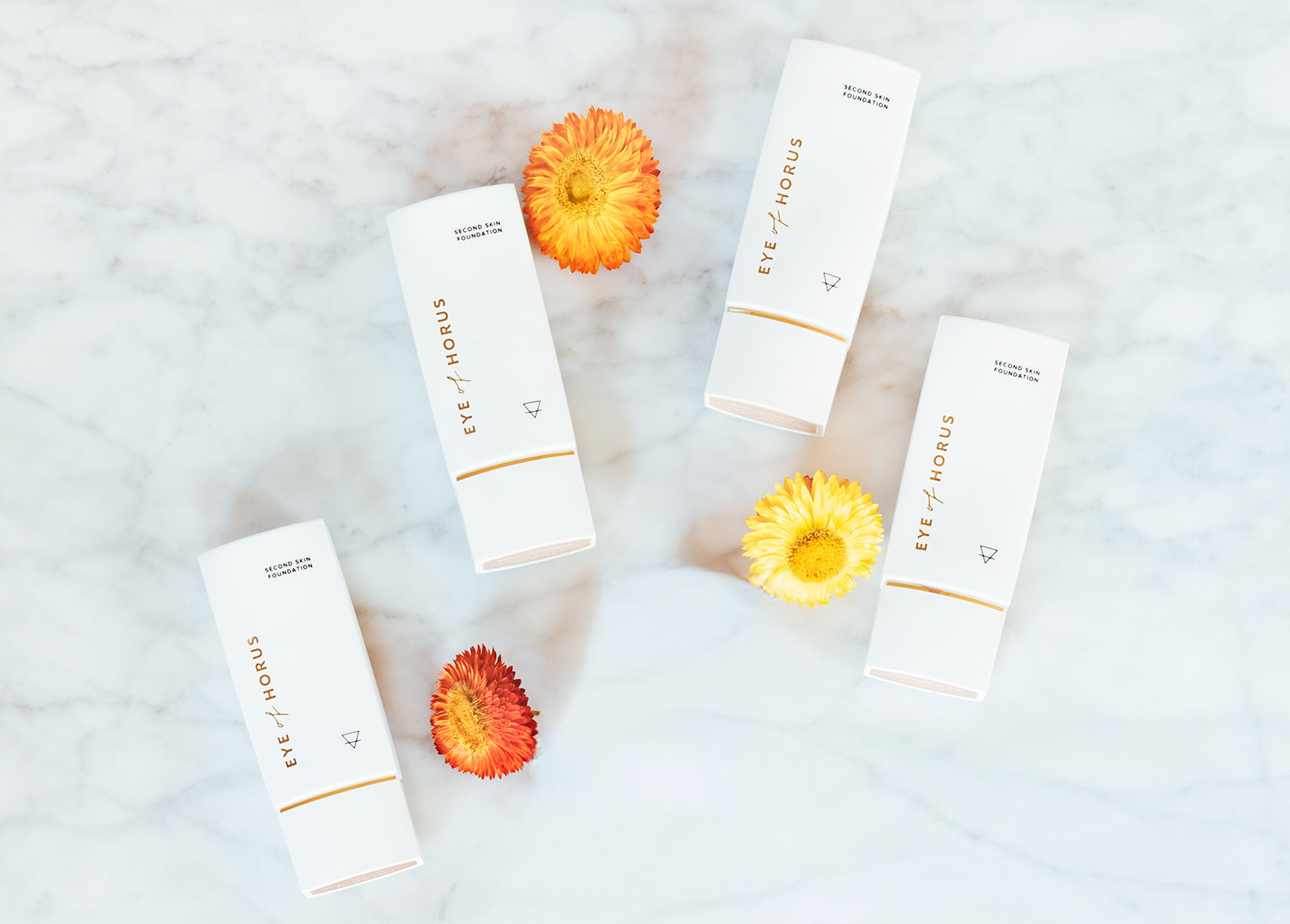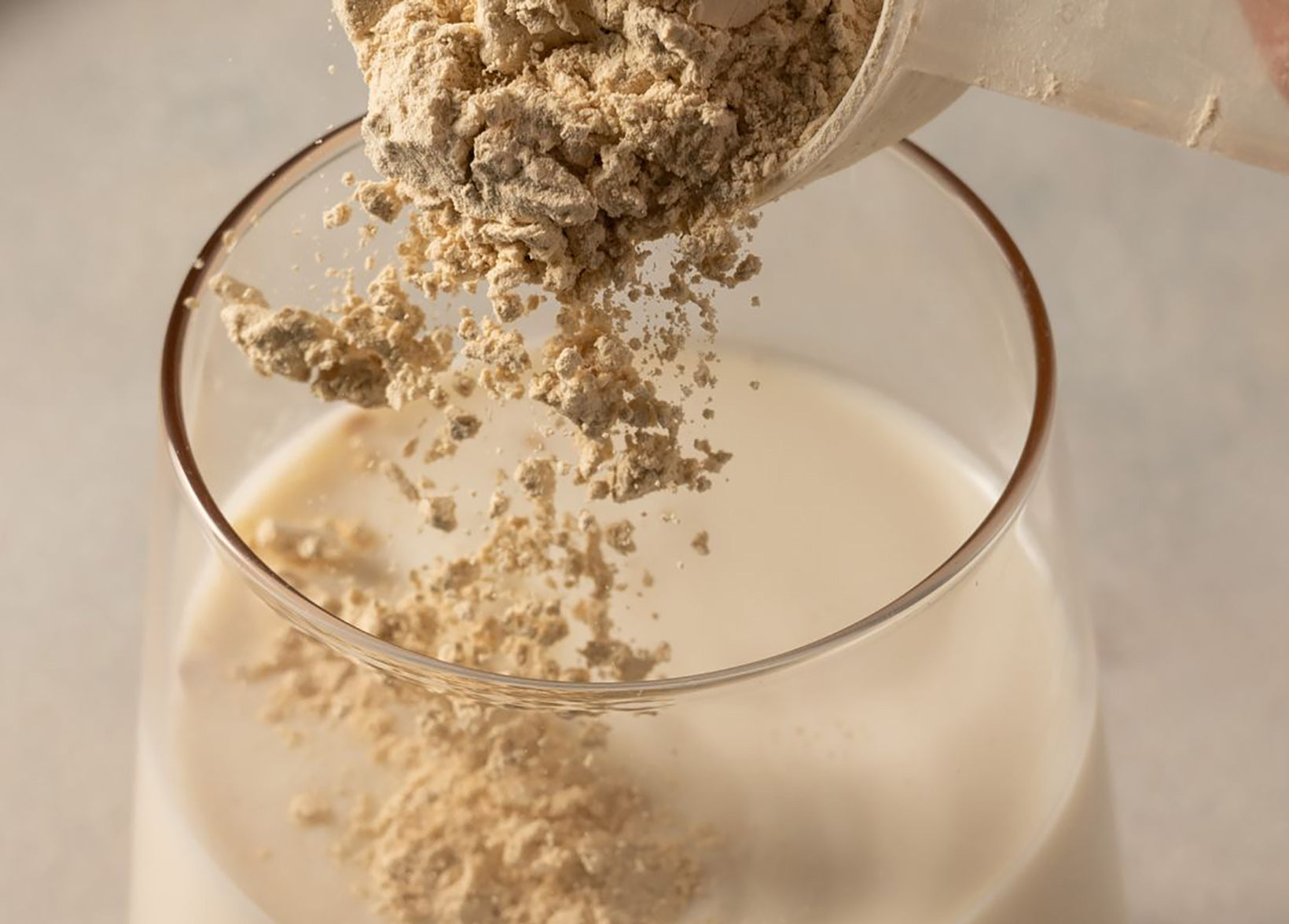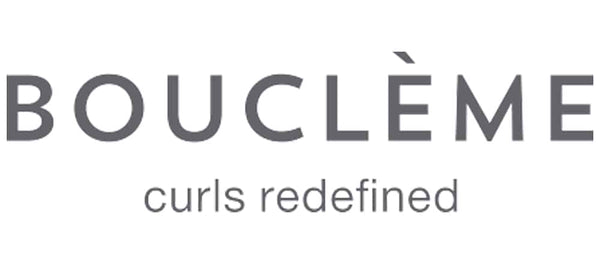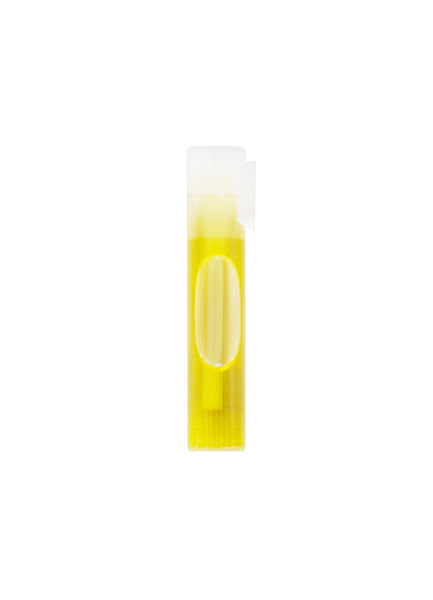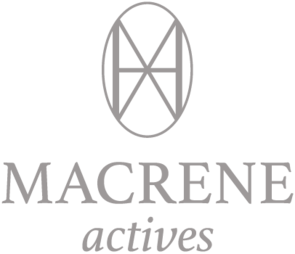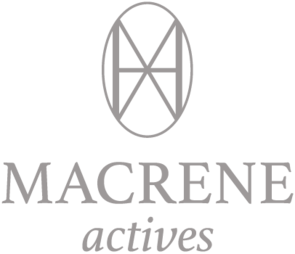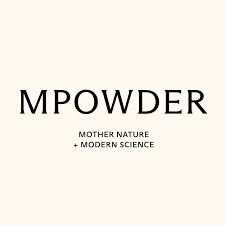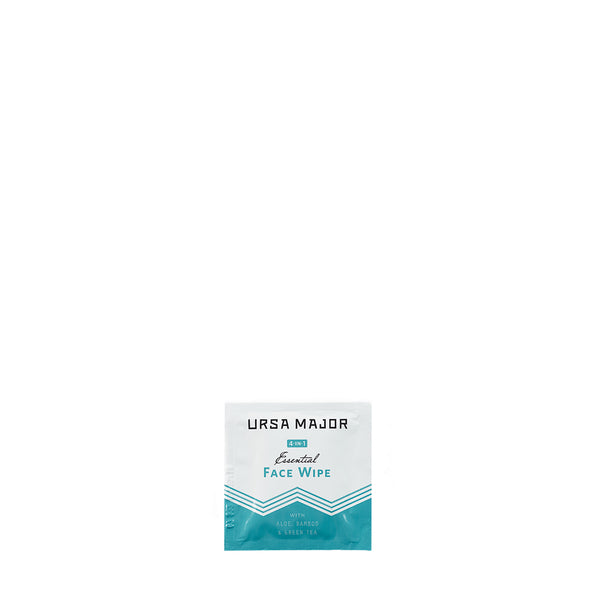Recent Articles
A review of the health benefits of collagen peptides, collagen powders, and collagen-rich foods (including — surprise! — berries) with Sara Szal Gottfried, MD

Ah, collagen supplements. Do they actually benefit our skin and overall health?
Some dermatologists have pointed towards studies indicating that they can help boost skin's elasticity, firmness, and hydration; others believe the jury’s still out. But, given how many collagen supplements are on the market (mainly collagen peptides and hydrolyzed collagen powders), we wanted to dig a little deeper and learn more about their possible benefits — both for sagging skin as well as for the whole body.
To broaden our lens, we asked Sara Szal (formerly Gottfried), MD for her opinion. Dr. Sara is a renowned hormone expert, Harvard-educated OB/GYN, and MIT-trained bioengineer who practices evidence-based integrative, precision, and functional medicine — and to us, her general health and supplement advice is gold. She’s also a certified yoga instructor and author of three New York Times bestselling books, and we adore her.
Our take after our discussion with Dr. Sara: collagen supplements aren't the magical answer to all your problems, but studies increasingly indicate that they can benefit skin and joints in particular, and they can be a helpful addition to a healthy diet. Read on for Dr. Gottfried’s well-informed perspective on its whole-body benefits and ways to get more collagen into your diet, whether through food or through supplementation. (As you might have guessed from the photo above: berries will help. But...a lot of berries. A LOT.)
And if you could use some help fine-tuning your skincare regimen for the best support from the outside in, schedule a consultation with one of our Guides.
***
Ayla: Let's start with the basics first. What is collagen?
DR. SARA: Collagen is the most prevalent protein in the human body. Think of it as the glue that holds everything together. It resides in your muscles, skin, bones, and tendons. Collagen is your body’s main structure for firm, resilient skin: it strengthens your skin, gives it elasticity, and helps replace dead skin cells. Its production declines and becomes less efficient as you age, especially after 40 — triggering wrinkles, weaker cartilage in joints, and sagging, aging skin.
You begin life with an abundance of collagen; that’s why baby skin is so supple and soft. Once you hit perimenopause and then periods stop, collagen takes an exponential downward dive of around 30 percent during the first five years after your final menstrual period, followed by 2 percent annually thereafter.
Ayla: Yikes. We read in your book, Younger, that collagen supplements (e.g., hydrolyzed collagen powders and collagen peptides) can be helpful for many of us in optimizing health as we age. In your view, what can collagen supplements most effectively be used for? What do they do, and how do they work?
DR. SARA: To me, maintaining a youthful look is more about what you put in your body than what you put on it. I recommend a food-first approach together with a healthy lifestyle, so start first with collagen-rich foods like fish, bone broth, chicken, egg whites, citrus fruits, and berries.
Still, I probably don’t get enough, so after 40, I started drinking collagen shakes or making collagen lattes. Collagen won’t help you build muscle, but it’s been proven to improve skin elasticity in well-designed trials.
A recommendation I include in my book, Younger, is drinking bone broth several times a week. However, I get that many people are not going to make a steaming pot of bone broth to drink every day. In Younger, I offer alternatives such as a Collagen Latte made with collagen powder. Collagen, made from gelatin, can reach measurable levels in the blood after oral consumption.1 Collagen is rich in antioxidants, lowers blood pressure, and improves bone density. There are some data to support the fact that it helps to improve skin elasticity, hydration, and dermal collagen density.2
Other effective ways to improve collagen include:
Maintain proper copper. Copper is an essential element for optimal collagen function, as well as for your skin and body overall. The current recommended daily allowance (RDA) is 2 mg/copper per day. Foods rich in copper are liver (including pâté), oysters, and sesame seeds. One tablespoon of pâté provides 0.5 mg of copper. Oysters vary – wild-caught contain up to 0.5 mg each. One tablespoon of sesame seeds has 0.4 mg of copper.
Reap sleep benefits. I can’t say enough about getting a full night’s sleep (7 to 8.5 hours) for health benefits across the board. And collagen is replenished during your shut-eye hours. So if you lack sleep, you lack collagen, meaning your skin will likely age more quickly. It’s as simple as that.
Get your vitamin C. It helps with collagen production and it raises progesterone, which can help with hormone balance.
Ayla: When choosing collagen supplements, is one type (e.g., I, II, or III), form (e.g., hydrolyzed collagen or collagen peptides), or source (e.g., bovine or marine) better than another? Are there different forms or types you’d recommend for specific concerns, such as skin or joints?
DR. SARA: There are three main types of collagen to know:
So you want type I and III for skin health and elasticity, and type II for joint health and cartilage.
Collagen supplements are most often available in these forms:
My advice is to mix it up. Rotate the form of collagen so that you pulse different ways of boosting collagen.
Ayla: Are there specific brands or products you like (either specific supplements for specific concerns, or more general supplements that most people could benefit from)? What do you like about them?
DR. SARA: One of the most recent studies of collagen daily for 12 weeks showed that it improves skin hydration, elasticity, roughness, and density. The type used was collagen peptides combined with vitamin C, zinc, biotin, and vitamin E, among other ingredients.
Here are the specific brands that I use and recommend to my patients.
Bulletproof Collagen Protein is sourced from pasture-raised cows untouched by drugs or hormones. Benefits include increased energy, speedier recovery, and a boosted immune system.
Great Lakes Hydrolyzed Collagen is also sourced from grass-fed cattle. The hydrolyzed collagen gelatin allows for rapid absorption and is soluble in cold water.
For my athletes and active patients interested in healthy joints and cartilage, I recommend Vital Proteins Collagen Peptides as it is NSF certified. (Vital Proteins also makes a marine-sourced collagen peptides supplement.)
(Note from Ayla: Our favorite matcha latte from Kroma contains grass-fed bovine collagen to make collagen supplementation extra easy — and really delicious. Check it out here.)
Ayla: Do you think it’s generally better to choose a collagen supplement that’s more straightforward (just one ingredient) or one that contains additional supporting minerals, for example?
DR. SARA: We don’t really know the answer. Supplement manufacturers will often combine collagen with other bioactives so that they have a proprietary combination. Does it help? We don’t know. Vitamin C might help boost the skin, but is it necessary if you get enough from your food? The main challenge with collagen supplements is finding high-quality ones derived from safe sources of collagen. This might be the best criteria for choosing supplements. My best advice is to use what’s in the highest quality studies, which is mostly collagen peptides. Here are links to a couple of studies that may be helpful:
https://pubmed.ncbi.nlm.nih.gov/29949889/
https://pubmed.ncbi.nlm.nih.gov/31627309/
Ayla: Are there any downsides to taking collagen supplements? Can we take them indefinitely? Should we?
DR. SARA: I recommend that my patients ‘pulse’ supplements and take different ones for varying amounts of time, depending on what is going on with their health. However, with collagen supplements, it may take a few months to see a benefit from taking them. Collagen supplements have a high safety profile, so it is probably safe to take them for long periods of time. Most of the studies run for 12 weeks, so I’d use a brand for that long, take a short break for 1 week or so, then try a new brand.
Ayla: For some time, there was some concern about the connection between beef gelatin and prion diseases (e.g., Mad Cow). Is there cause for similar concern with collagen supplements?
DR. SARA: Just like any with any supplements, it’s important to buy collagen from reputable companies that are transparent about their manufacturing process and ingredients.
Ayla: If we’re aiming to get our collagen in the form of bone broth, how easily could we get the same benefit we’d get from, say, a scoop of Bulletproof Collagen Protein?
DR. SARA: There’s no denying the convenience of a scoop of collagen protein compared to cooking up bone broth over hours at the stove, but my preference is always to start with food.
Additionally, keep in mind that bone broth contains more than just collagen. It also has minerals such as calcium, magnesium, and phosphorus. This is especially good for women who are concerned about getting enough calcium when avoiding dairy products. I have found bone gelatin to be helpful for gut health, which is most of us whether you have symptoms or not. Gelatin can soothe the gastrointestinal tract lining and increase gastric acid secretion for better digestion. Bone broth also provides an abundant supply of the amino acid L-glutamine, which helps repair intestinal damage.
Don’t forget: you can sip broth like tea. This is especially nice in the winter or if you don’t feel well. Since broth is simultaneously energizing and calming, it can take the place of morning coffee, afternoon tea, or an evening nightcap. Carry some of your favorite bone broth in a Thermos and sip it throughout your day.
(Note from Ayla: We love bone broth! Our favorite for sipping, which can be ordered nationwide, is Fond Bone Broth. Ordering through that link will get you 10% off your order.)
Ayla: What do you suggest for vegans and vegetarians?
DR. SARA: Researchers have developed methods to use genetically engineered microorganisms such as yeast to make recombinant human collagen, which people could describe as vegan collagen. I do not recommend this as I’ve not seen large outcomes studies, and assume they are riskier until proven otherwise. I’d consider marine sources if you can eat fish.
Ayla: Your book, Younger, is packed with a number of other suggestions for optimizing health as we age. Of those, which do you think people might find most surprisingly helpful right now?
DR. SARA: I’d say start with your genetics and a good blood panel. Measure your baseline — it’s just incredibly important for optimizing health to know your blueprint and how it’s being executed. We’re finally at a point where genetic testing can really direct the best ways to improve mood, hormone balance, inflammation, detoxification, fitness, and performance. In fact, your genes probably determine about 40-50% of your function and performance in healthy people.
Hopefully, you're checking your vitamin D. I recommend levels of 70-90 right now as we try to move through the pandemic. Take it with vitamin K.
Sleep is probably the closest to a panacea that we have to optimize health as you age. There are so many downstream health and beauty benefits of a full night of restorative sleep. Be on top of your sleep. Get 7 to 8.5 hours every night. Use a tracker to ensure you get 90 minutes of deep sleep.
We know about the benefits of regular exercise to give a healthy glow to the skin, but it’s just as important to take the time to recover and release your body’s tight muscles and connective tissue. When the body’s internal connective tissue gets stuck down or, worse, begins to fail, aging accelerates. Besides hindering your mobility and adding to your stress, chronic tightness leads to more wrinkles. Even for the most minor tightness, release is essential to prevent unnecessary aging and tension. Release allows your body to enter a restorative phase where it functions more efficiently, effectively, and optimally. That allows your circulatory system, both blood and lymph, to provide fresh nutrients and to whisk away toxins and other biochemical by-products of your internal exposome. There are so many modalities and treatments that can help release your tight spots in your fascia and muscles, including yoga, pilates, self-myofascial release, acupuncture, craniosacral therapy, tapping, or Emotional Freedom Technique.
Endnotes
- Iwai, K., et al. “Identification of food-derived collagen peptides in human blood after oral ingestion of gelatin hydrosylates." Journal of Agricultural and Food Chemistry 53, no. 16 (2005)
- F. Choi, et al. "Oral Collagen Supplementation: A Systematic Review of Dermatological Applications." Journal of Drugs in Dermatology 18, no. 1 (2019)
About Dr. Sara: Sara Szal Gottfried, MD is a board-certified physician who graduated from Harvard and MIT. She practices evidence-based integrative, precision, and functional medicine. She is Clinical Assistant Professor in Dept. of Integrative Medicine and Nutritional Sciences at Thomas Jefferson University, and Director of Precision Medicine at the Marcus Institute of Integrative Health. Her three New York Times bestselling books include: The Hormone Cure, The Hormone Reset Diet, Younger, and Women, Food, and Hormones.
Any topic discussed in this article is not intended as medical advice. If you have a medical concern, please check with your doctor.
We've included links to some of the products recommended by Dr. Sara. We may earn affiliate revenue when you buy one of them.

